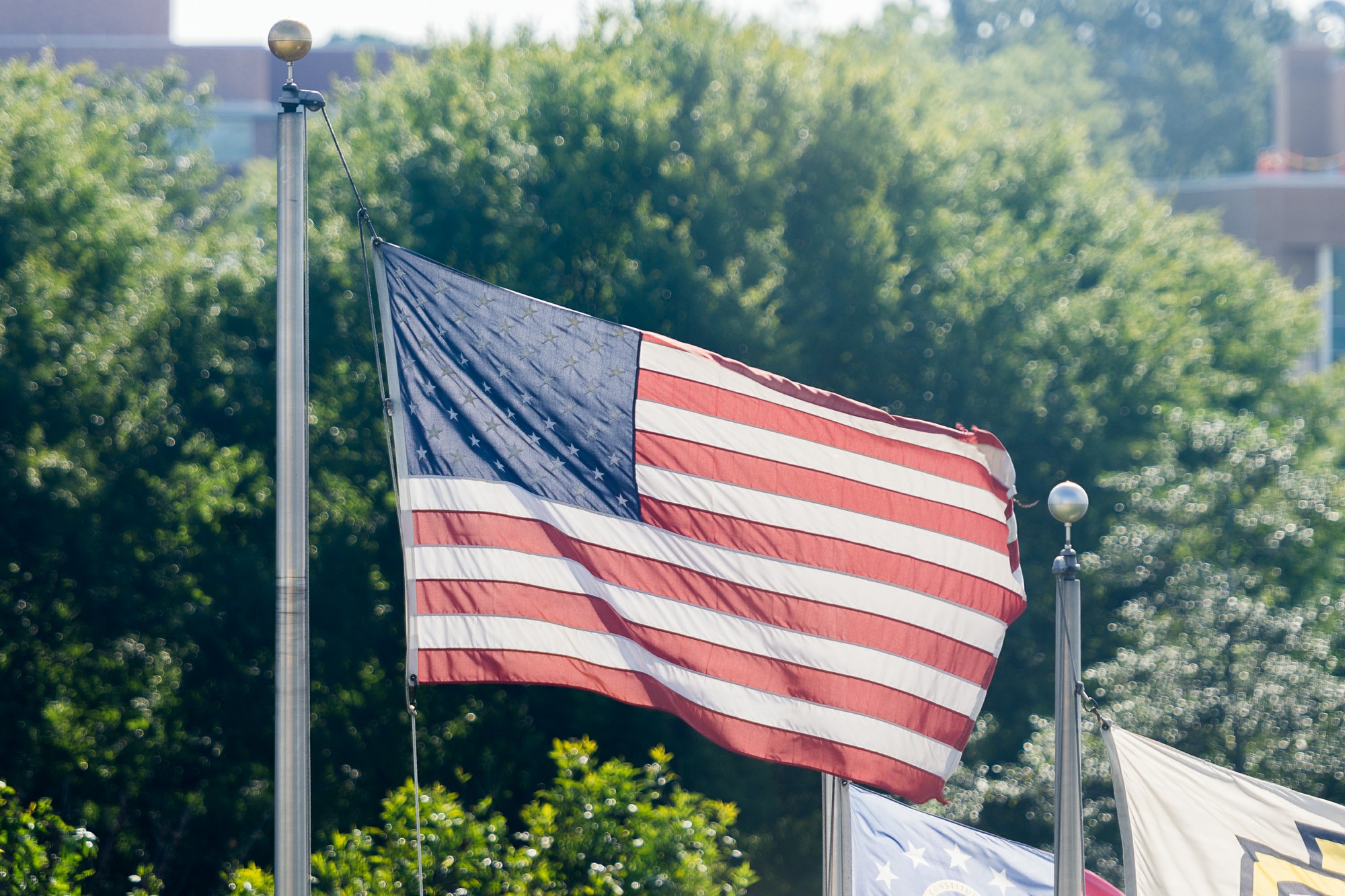Voters may hesitate to vote for a third-party candidate in this year’s presidential election because they fear that their votes will be wasted.
Yes, third-party candidates have a very slim chance of obtaining the majority of the popular votes, and they rarely receive any electoral votes in presidential elections.
However, I believe that your vote is your own voice. Voting third party, in the end, may not gain many electoral votes for your candidate, but a statement will be made by the amount of popular votes a third-party candidate receives.
This is the first time in my life that I have ever considered or even heard about a third-party candidate running for presidential office. It’s phenomenal to me at least, that so many voters are becoming so aggravated with Republican and Democrat nominees and are considering a third-party candidate.
According to CNN’s August poll, 14 percent of voters plan to vote for third-party candidates. Libertarian Party nominee Gary Johnson has 9 percent of the votes, and Green Party nominee Jill Stein has 5 percent.
In 2012, independent parties won less than 2 percent of the popular vote, according to The Washington Post.
Third-party candidates aren’t even recognized in the previous 10 presidential elections in the United States, according to 270towin.com. In the 1968 election, the American Independent Party’s nominee, George C. Wallace, won 46 electoral votes. The 1948 election was also a special race for third parties. State’s Right Democratic nominee J. Strom Thurmond won 39 electoral votes.
The 2016 election may become another memorable year for third-party candidates, who have lived in the dark for the past 40 years. This year’s election, no matter the turnout, will become a statement for third parties in presidential elections. That’s why your vote counts.
If Trump’s speeches make you cringe — and if you think Clinton is lying about her emails — then don’t be afraid to vote your conscience.


